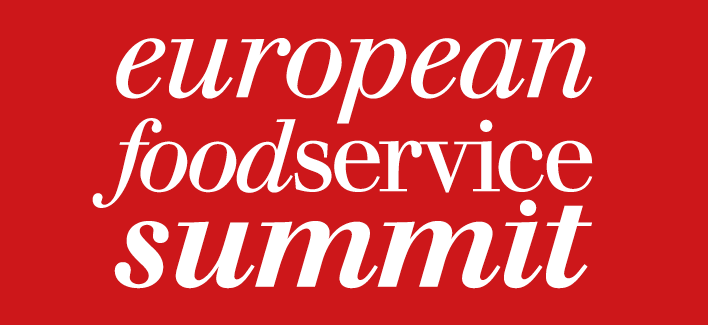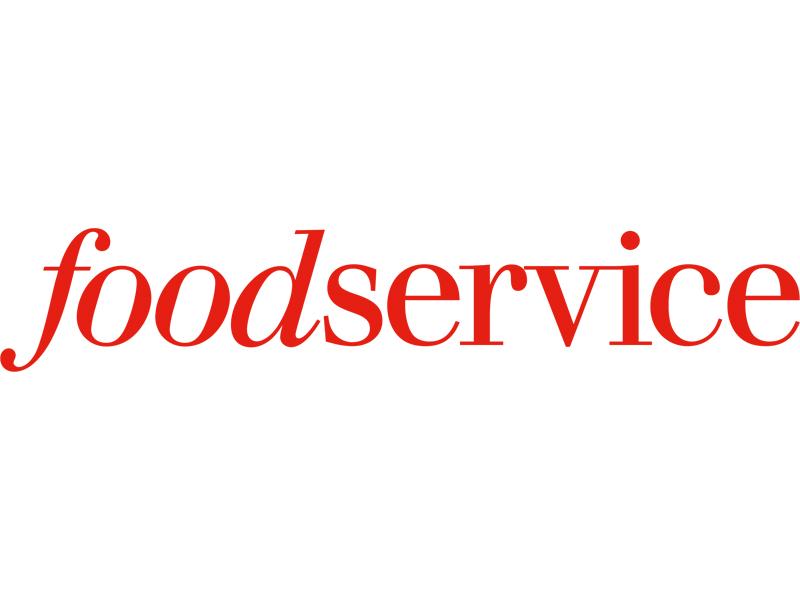Menu Trends: Function, Trust, Tech
 Amidst a rapidly evolving hospitality landscape, restaurant operators face mounting pressure to innovate—both in menu composition and operational strategy. At the 2025 European Foodservice Summit in Amsterdam, Andy Zynga outlined the pivotal market forces shaping the future of foodservice.
Amidst a rapidly evolving hospitality landscape, restaurant operators face mounting pressure to innovate—both in menu composition and operational strategy. At the 2025 European Foodservice Summit in Amsterdam, Andy Zynga outlined the pivotal market forces shaping the future of foodservice.
Zynga’s address underscored how consumer priorities—ranging from personalized nutrition to environmental impact—are influencing every phase of the value chain. For restaurant professionals, understanding these shifts is critical for securing competitive advantage, navigating changing guest expectations, and sustaining profitability in a dynamic global market. Here’s an overview of the session’s major insights:
Top 5 Key Learnings
- Functional Foods On the Rise: The functional foods segment—encompassing nootropics and adaptogens—is positioned for substantial growth, with market value expected to double from 2018 to 2030. This reflects increasing consumer demand for health-promoting ingredients such as lion’s mane mushrooms and maca.
- Sustainability Now Operational Necessity: Sustainability practices, including upcycling, food waste reduction, and transparency, are now broadly expected in foodservice operations. Technologies like Orbis’ AI-enabled food waste solution can reduce food waste by as much as 30%, streamlining both costs and resource use.
- Transparency and Trust Influence Choices: Consumers, particularly Gen Z, increasingly require detailed insight into sourcing and the environmental impact of their meals. Only 47% trust large food companies; 67% express greater trust in farmers, highlighting a trust gap that can be addressed through transparency.
- Gen Z Drives Customization and Tech: Younger diners demonstrate strong preferences for digital engagement and menu customization. Over 73% of Gen Z and Millennials select restaurants following social media exposure, and 1 in 10 Gen Z consumers will only visit establishments offering fully customizable dishes.
- Regional Shifts and Culinary Hybridization: Economic and cultural dynamics are shifting dietary habits and menus worldwide. Instances such as increasing yogurt consumption in Japan amidst rising rice prices, and surging demand for Korean, Vietnamese, and Filipino concepts in the US, illustrate the need for menu agility and cultural responsiveness.
Data and Numbers Shared
- Functional Foods Market: Projected to double in value between 2018 and 2030
- Health-Driven Choices: Over 70% of European consumers prioritize health benefits in food choices (NielsenIQ 2025)
- Consumer Trust: Only 47% trust large food companies; 67% trust farmers (Trust Tracker, 20,000 European consumers/month)
- Digital & Customization Trends:
- 73% of Gen Z/Millennials influenced by social media to visit restaurants
- 55% share restaurant visits on social media
- 1 in 10 Gen Z demand customization; 62% return for customizable offerings
- Regional Consumption:
- Japan: Rice prices up 300%; yogurt consumption increased by 2.7%
- Some restaurants saw 20% higher sales after introducing alternative menu items



